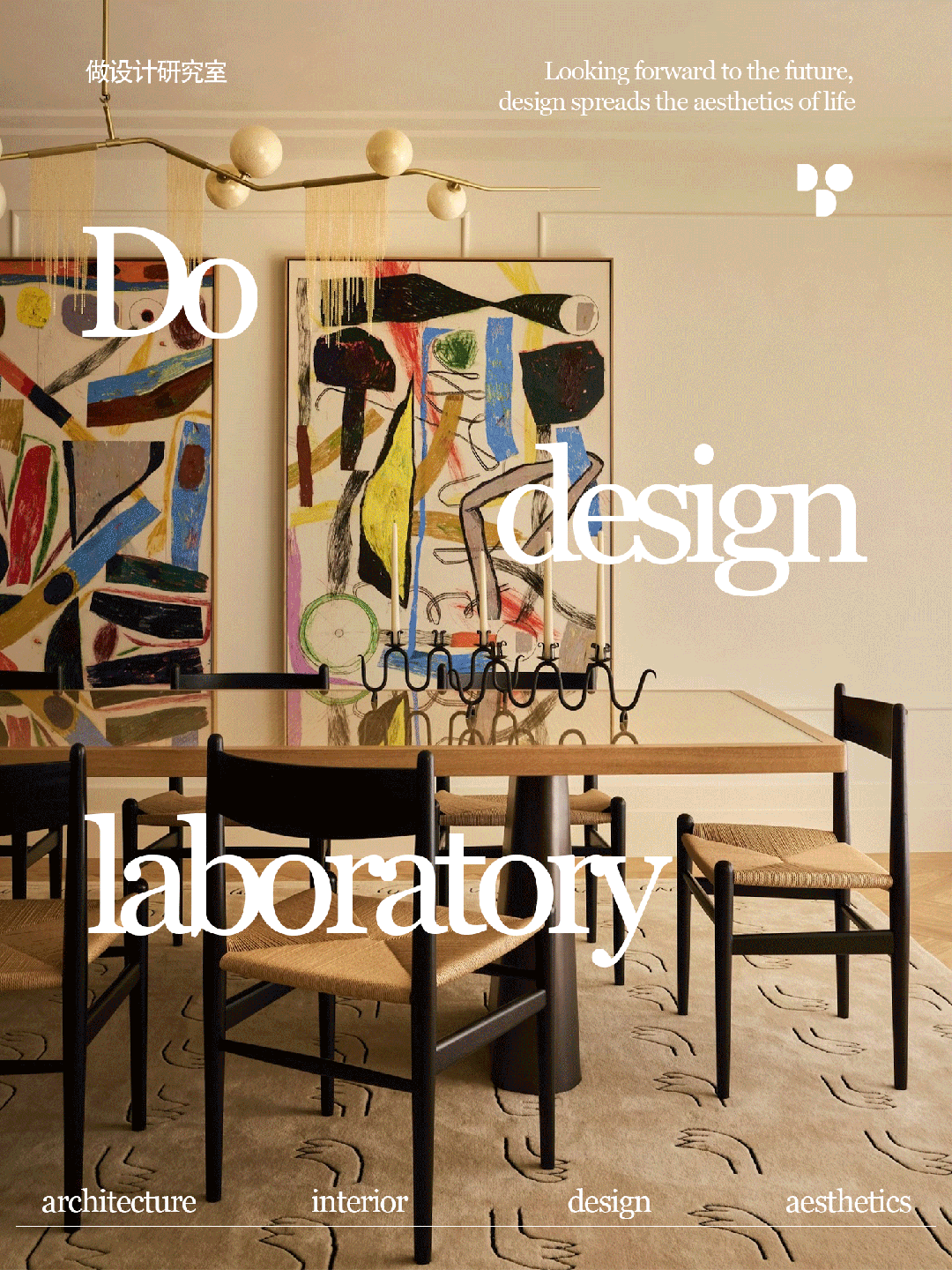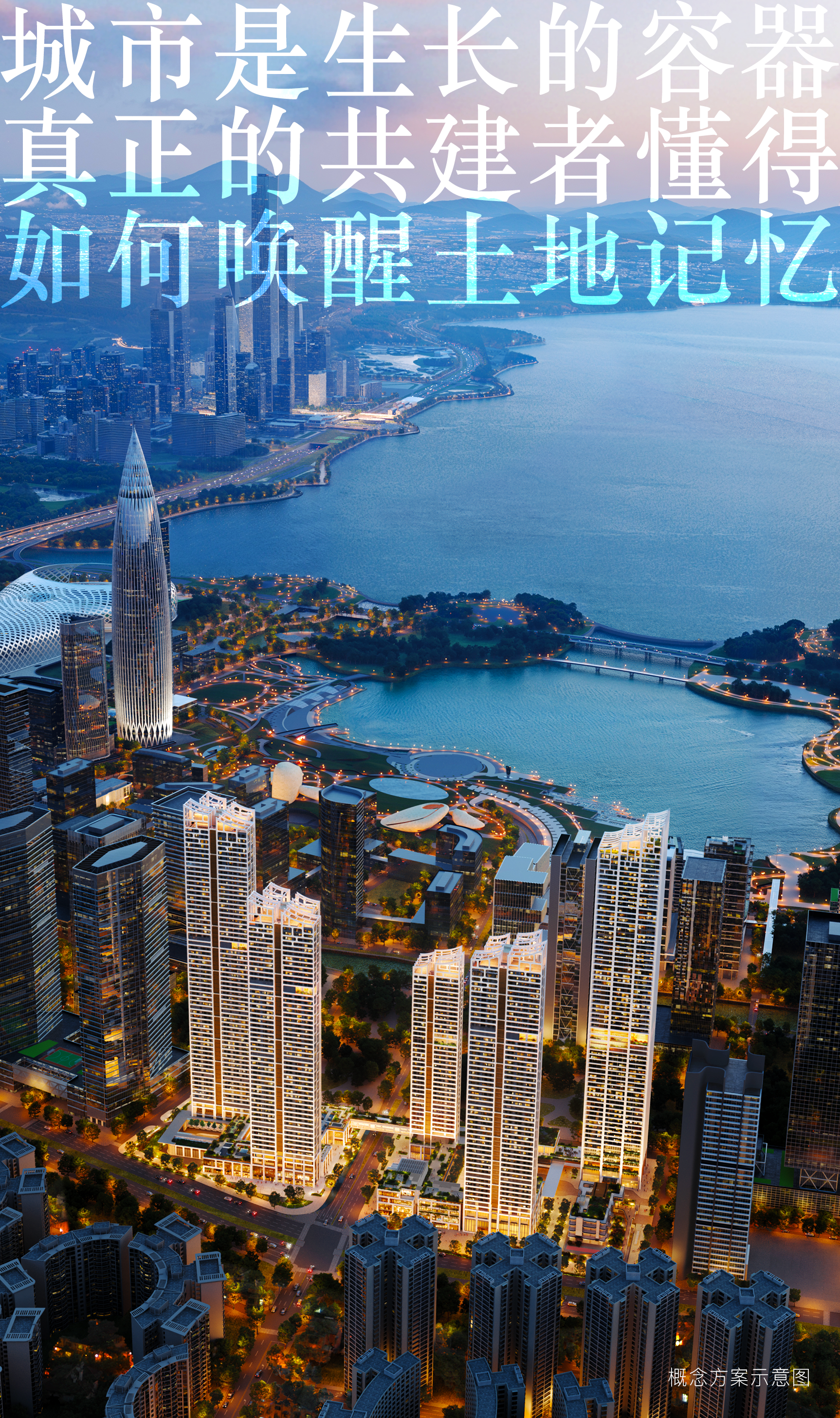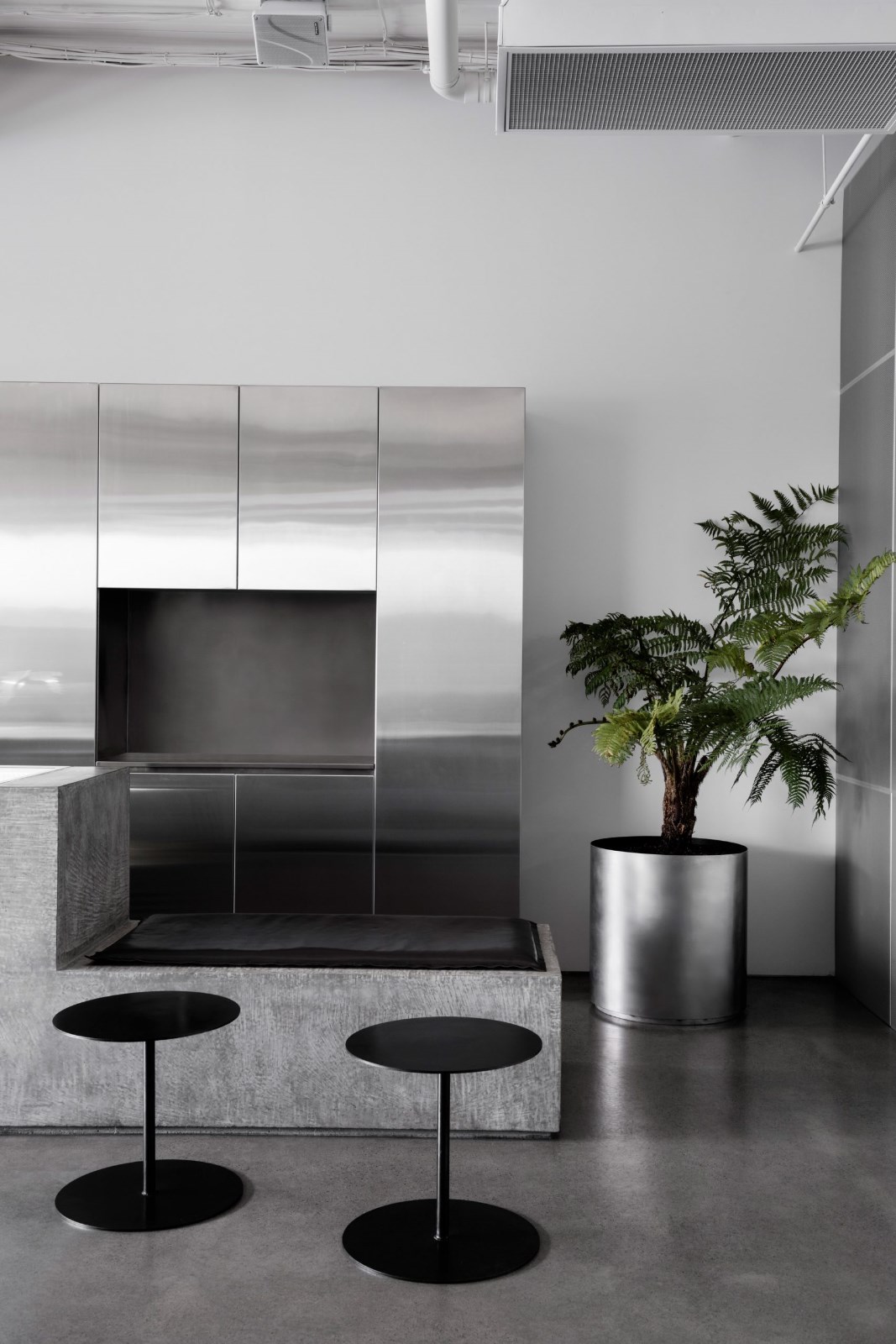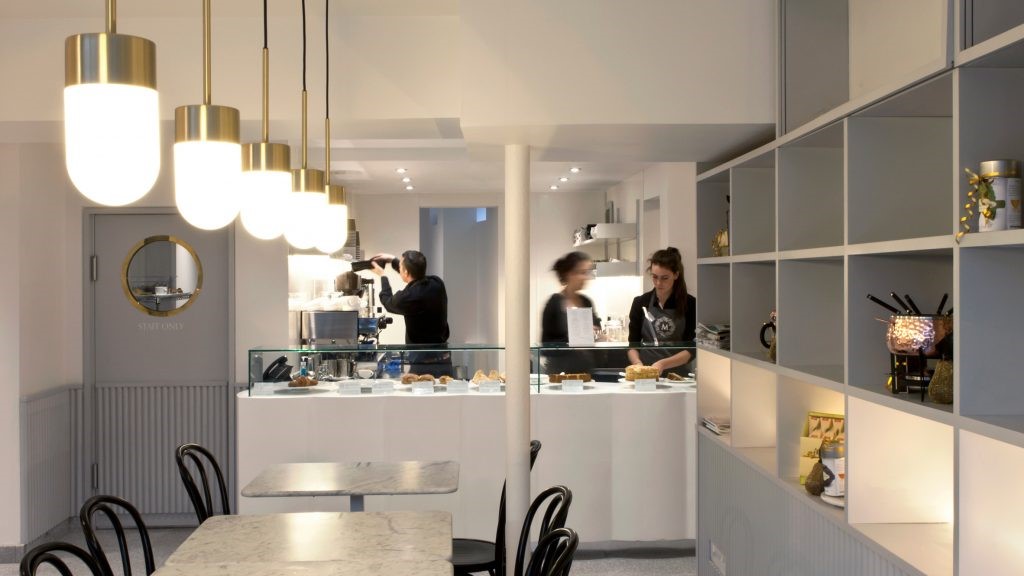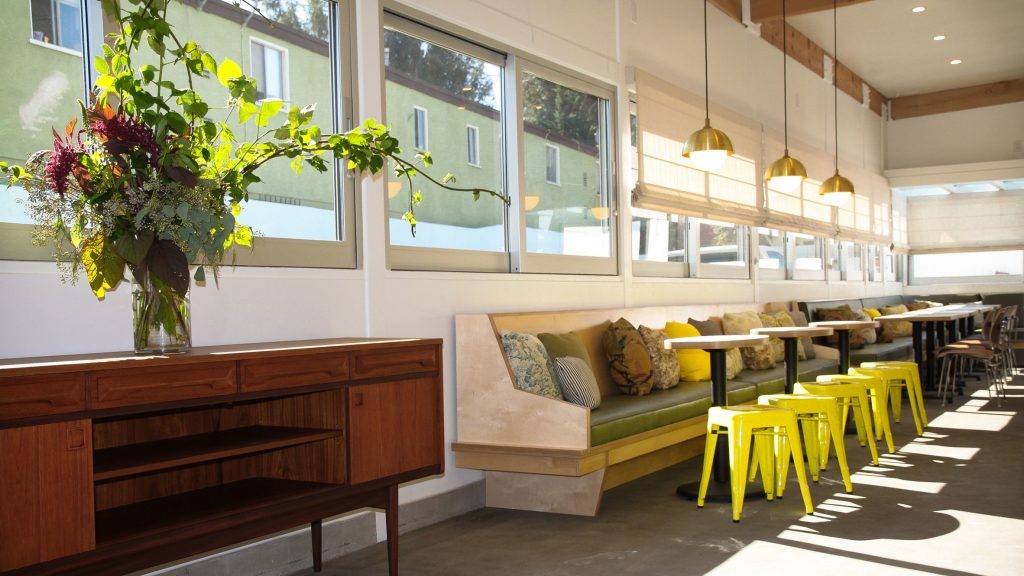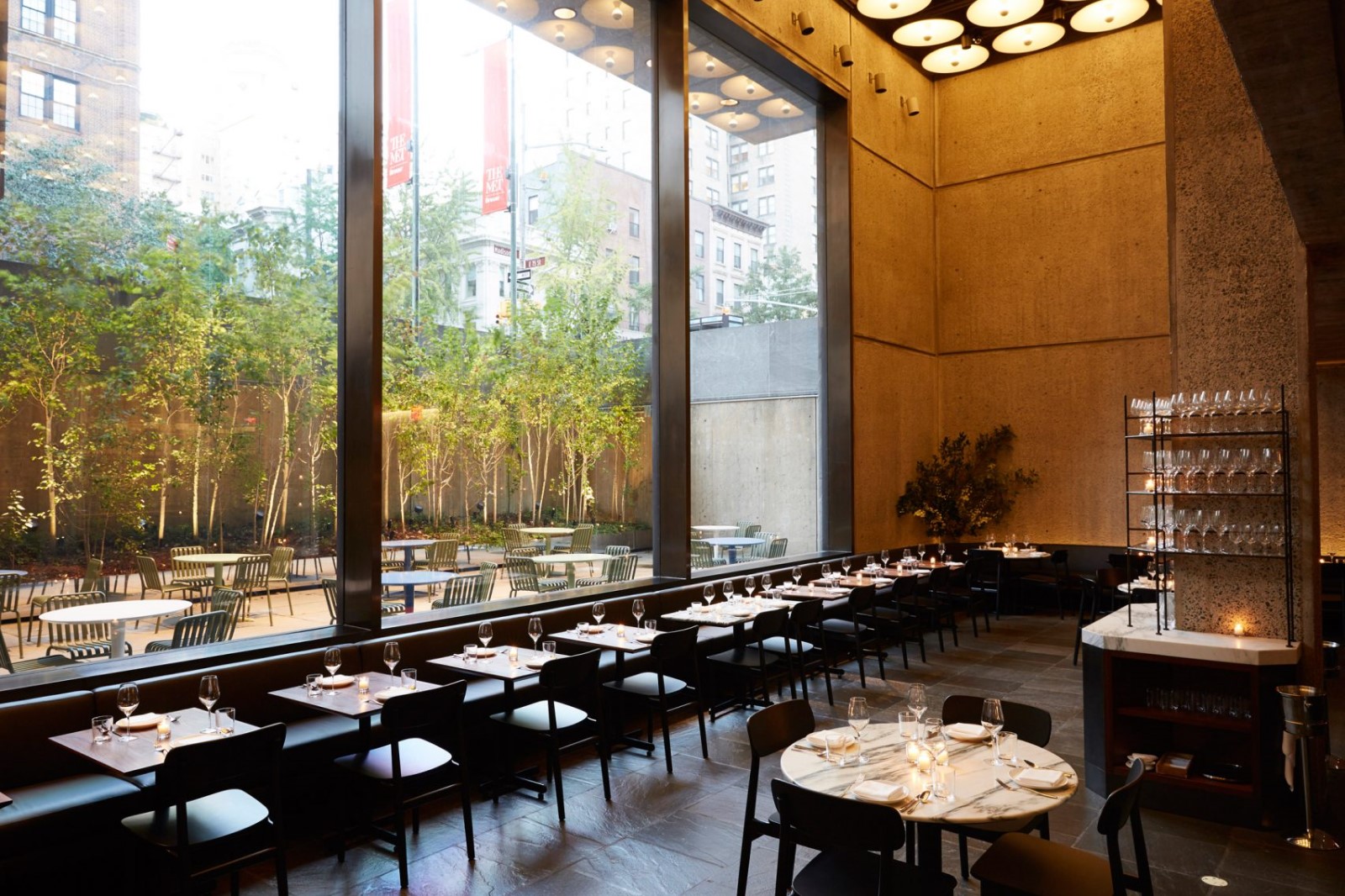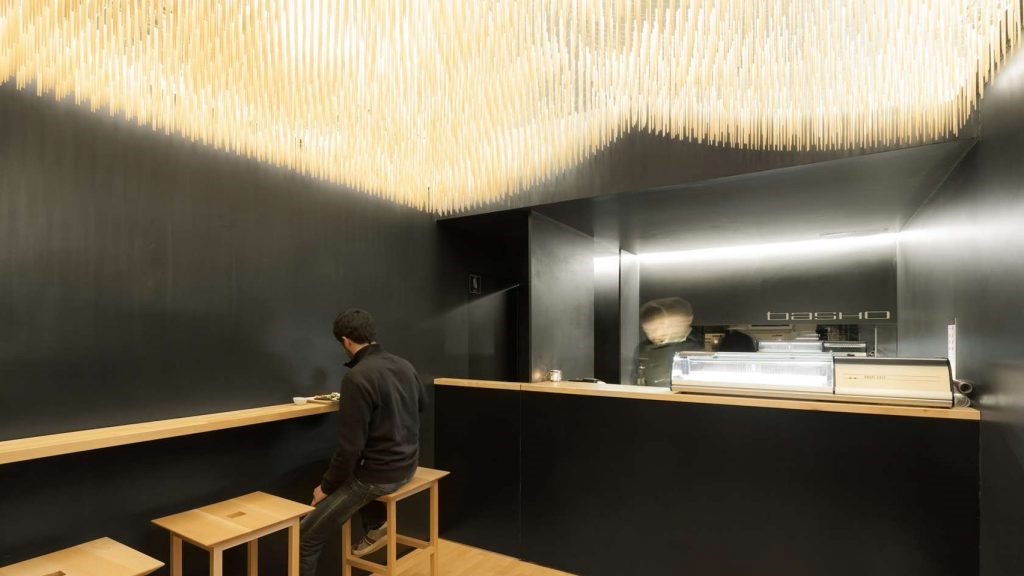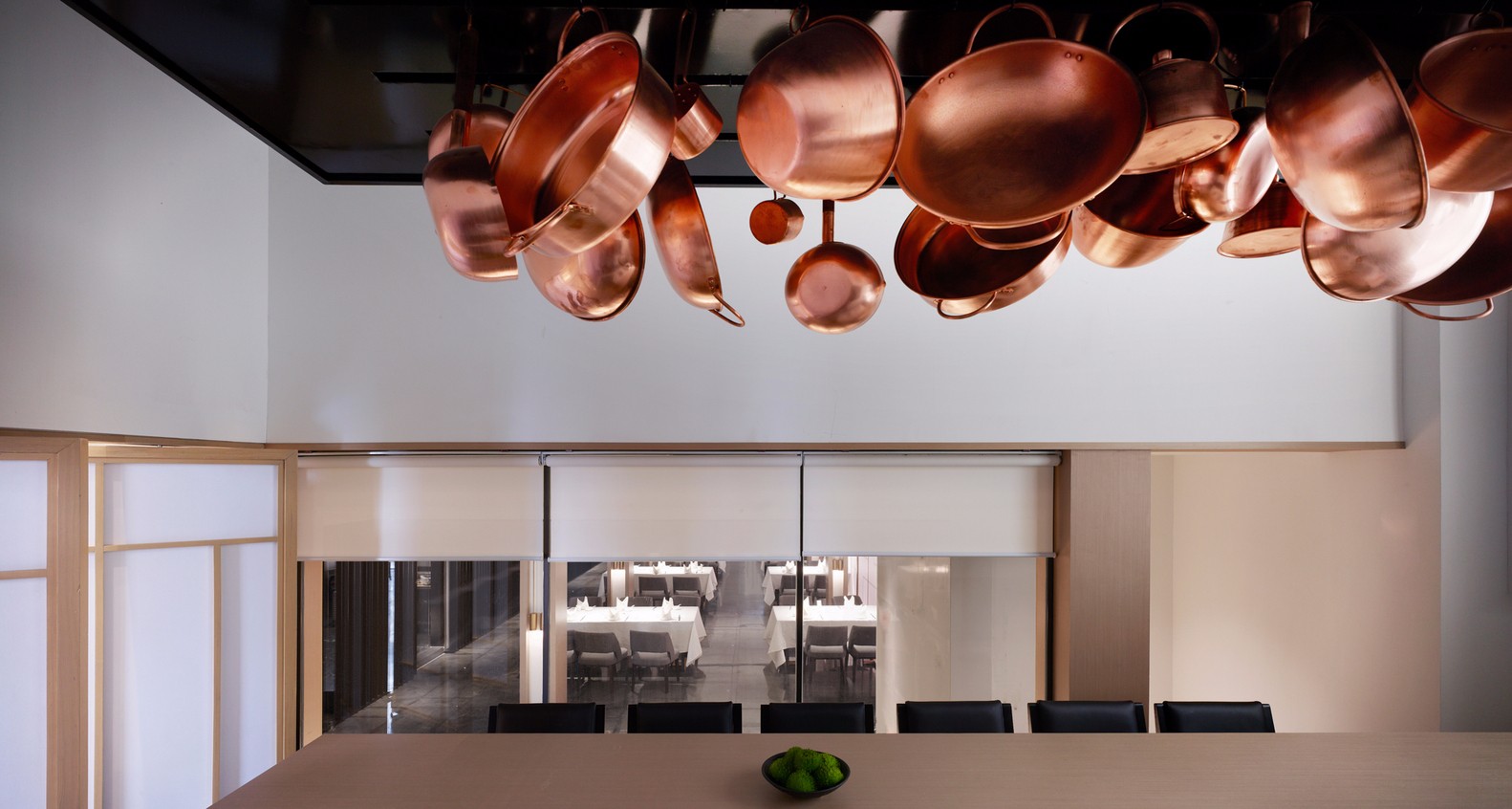Contemporary yet Magical MIMO Teahouse in Xiamen, China
2019-08-05 18:20


Conceived as a modern day teahouse, MIMO is an all-day venue in Xiamen, China, that channels the social and cultural imprint of Chinese tea culture in a contemporary environment of polished sophistication. Designed by Shenzhen-based creative consultancy VBN, who were responsible for everything from its interior and graphic design to its brand identity, MIMO combines speciality tea and coffee with a fine-tuned dining experience that includes New York-style all-day breakfasts, an Asian-inspired light lunch menu and cocktails. Closely associated with literature, the arts, philosophy and Buddhism, tea drinking has been a constituent part of Chinese culture as far back as the 3rd century. Teahouses, which appeared during the same time, flourished as public places for social interaction, relaxation and entertainment, as well as scholarly discourse. VBN has drawn from China’s multifaceted teahouse culture, to design a welcoming space where patrons can enjoy a cup of tea or a light meal as well as take part in a vibrant social environment underpinned by regularly invited artists, exhibitions, and performances.
MIMO作为一家现代的茶馆,是中国厦门的全天场所,在精巧的现代环境中,将中国茶叶文化的社会文化印记传入其中。MIMO由深圳创意咨询公司VBN设计,负责从其内部和平面设计到品牌标识,将特产茶和咖啡与微调良好的餐饮体验结合在一起,包括纽约的全天候早餐、亚洲的轻质午餐菜单和鸡尾酒。茶与文学、艺术、哲学和佛教密切相关,一直是中国文化的组成部分,早在3世纪。同时出现的茶馆,作为社交互动、放松和娱乐的公共场所,以及学术话语。VBN从中国的多元茶馆文化中汲取,设计了一个欢迎空间,在这里,顾客可以享用一杯茶或一餐,同时也可以参加由定期邀请的艺术家、展览和表演为基础的充满活力的社会环境。


Photo by Venco.
文科的照片。


Photo by Venco.
文科的照片。


Photo by Venco.
文科的照片。


Photo by Venco.
文科的照片。


Photo by Venco.
文科的照片。


Photo by Venco.
文科的照片。


Photo by Venco.
文科的照片。
The restaurant’s interior design is characterized by a polished yet raw aesthetic that the designers call ‘wild nature in concrete jungles’. Enveloped in polished stone surfaces and smooth timber panelling, the décor’s sleek elegance is enriched by a series of rough, natural textures harmoniously integrated into the design: wooden blocks supporting a dining counter, the building’s exposed concrete columns that have been left untreated, and coarse stone blocks that serve as displays. Likewise, an elemental architectural language of arches and cylinders is subtly juxtaposed with abstract geometrical shapes in the terrazzo-like patterned stone flooring. The marriage of the natural and the manmade that such textural and pictorial juxtapositions represent not only imbues the space with a unique elegance but also poetically traces the tea’s journey from fresh leaves to cultural institution.
餐厅的室内设计以一种优雅而原始的美学为特征,设计师称之为“混凝土丛林中的野性”。这座建筑被抛光的石材表面和光滑的木材镶板所包裹,优雅的优雅被一系列粗糙、自然的纹理和谐地融入了设计之中:支撑餐台的木块、未处理过的大楼裸露的混凝土柱,以及用作展示的粗糙石砌。同样,一种由拱形和圆柱构成的基本建筑语言,在水磨石地板上与抽象的几何图形巧妙地并列在一起。自然与人为的结合,这种纹理和图案的并置,不仅赋予了空间一种独特的优雅,而且在诗意上追溯了茶从新鲜叶子到文化制度的历程。


Photo by Venco.
文科的照片。


Photo by Venco.
文科的照片。


Photo by Venco.
文科的照片。


Photo © VBN.
照片(VBN)


Photo by Venco.
文科的照片。


Photo by Venco.
文科的照片。


Photo by Venco.
文科的照片。
MIMO’s interior design is intricately linked with the brand identity that VBN developed based on the concept of ‘City Elves’. From paper cups and coasters, to graphic paintings on the walls, if you look closely, playful elf figures populate the restaurant. But probably the biggest clue to their existence is the cylindrical glass house that the designers have prominently placed in the middle of the open-plan space. Conceived as a miniature elf habitat and functioning as an oversized display case and performance space, the glass enclosure contains a series of sculptural compositions constructed out of organic materials that conjure a magical realm but also echoed the venue’s natural vs. manmade dialectic. The display also brings to mind various rare and precious plants which were a popular teahouse decoration during the Song Dynasty, a reminder that despite its contemporary appearance, teahouses like this go back a long way.
MIMO的室内设计与VBN在“城市精灵”概念的基础上发展起来的品牌认同有着错综复杂的联系。从纸杯和杯垫,再到墙上的绘画,如果你仔细看的话,餐厅里到处都是嬉戏的精灵人物。但是,他们存在的最大线索可能是设计师们把圆柱形玻璃房子显眼地安置在开放式空间的中间。作为一个微型精灵栖息地,作为一个超大的展示箱和表演空间,玻璃外壳包含了一系列由有机材料构成的雕塑作品,这些作品赋予了一个神奇的境界,但也与场馆的自然与人为的辩证法相呼应。这一展览还让人想起了宋代流行的茶馆装饰中的各种珍稀植物,提醒人们,尽管现在的茶馆已经出现了,但这样的茶馆可以追溯到很长一段时间。


Photo by Venco.
文科的照片。


Photo by Venco.
文科的照片。


Photo by Venco.
文科的照片。


Photo by Venco.
文科的照片。


Photo by Venco.
文科的照片。


Photo by Venco.
文科的照片。


Photo by Venco.
文科的照片。
keywords:Café Restaurants Design Interior Design
关键词:咖啡馆设计室内设计设计
















